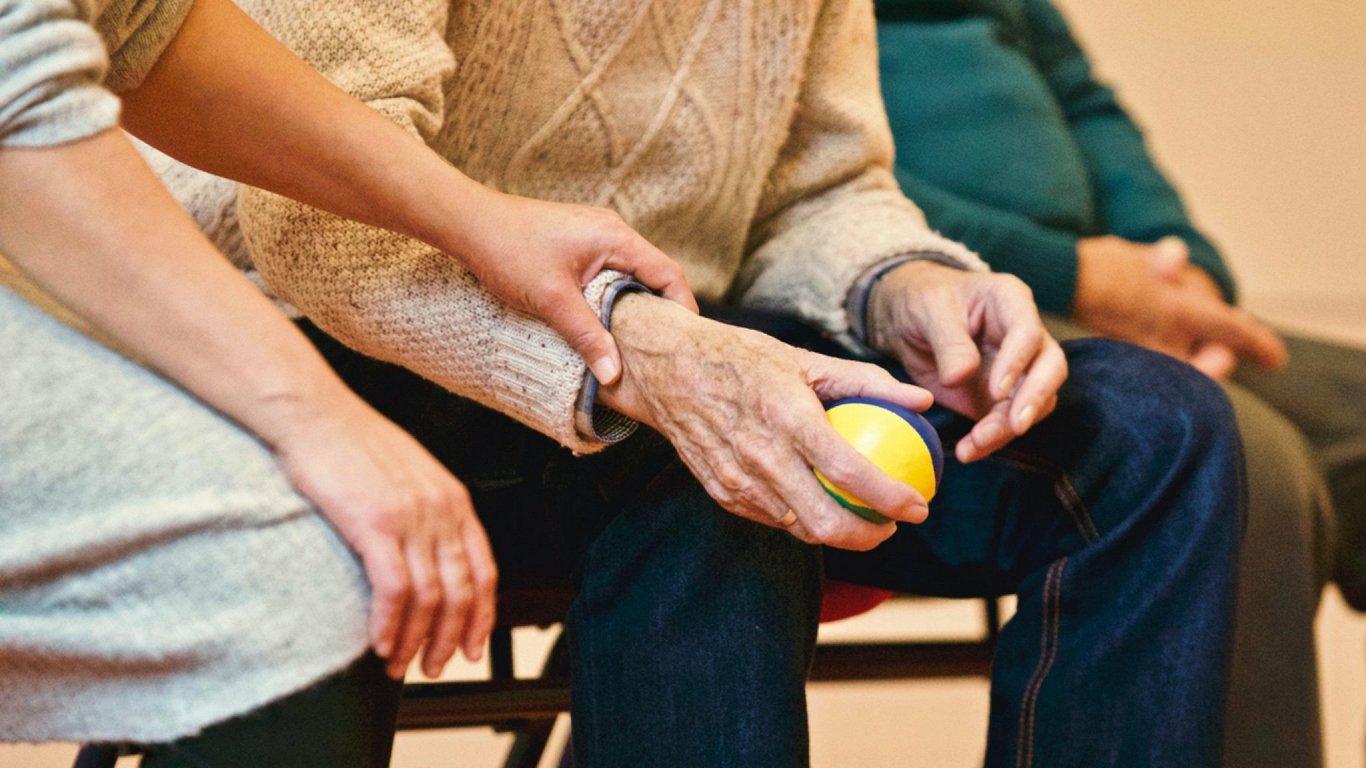The mobile palliative care team, which will provide several health services, was originally scheduled to begin work on October 1, 2023. But the launch of the services was delayed due to a competition appeal.
Palliative care at home is available if the service is deemed necessary by a team of doctors, taking the view that the life expectancy of the person being cared for is less than six months. Neither the incurably ill patients nor their loved ones have to pay for the service out of their pocket, as the costs are borne by the state.
Once the opinion has been received, the patient must be registered at a specific service provider who has assumed responsibility for the territory corresponding to the place of residence of the person, whether it be in Vidzeme, Kurzeme, Latgale, or Rīga and Pierīga. A separate provider of palliative care mobile team service is not yet established in Zemgale; there, residential care for people is expected to be done by businesses operating in other areas.
There should be no queues for receiving this service: when the application is received, the undertaking concerned must provide the first visit within 2024. A whole team of specialists arrive at the patient's home first because the help is complex: it includes both health, social care, and psychosocial rehabilitation, said Žanete Jansone, board member of one of the providers, the social enterprise Hospiss Māja.
"It's also such a world experience that just healthcare is not enough for a dying person; they certainly need both social care and psychoemotional, mental support. And it is not just for the patient - psychoemotional, mental support is also provided to members of his family who are involved in the care," Jansone said.
A doctor, nurse and social worker first come to see the patient to assess living conditions and understand what types of help, such as pain therapy or aids, are needed.
Jansons said: "Definitely we come with our functional bed to ensure the most comfortable future life for the dying patient. We offer a variety of other technical aids, and our psychologist or clinical psychologist services; if desired, the chaplain comes too."
The mobile team of palliative care does not provide patient care throughout the day; carer assistance is available up to eight hours a day. And while palliative care is due if the patient's survival predicted by the doctors' team is no longer than half a year, that “deadline” is only a notional limit, said Kristiāns Dāvis, founder and board chairman of another provider company, Rūre.
"This does not change the substance of the case because this deadline is a forecast. A patient can live a month, or two, can live less than that but can live more too [..] but this does not mean they will be deprived of service or help. From the moment the patient has received the team's opinion and is attached to a service provider, they are obliged to provide the service until the last day of their lives,” Dāvis noted.
Jansons added that there are indeed cases in the company's experience where, despite the sad prognosis, patients live another year, even two. However, on average, the average survival of a patient in hospice care is 21 days.
The service also includes support for patients' relatives during the grieving period - after the patient has died. Loved ones can get help from a psychologist or chaplain.
According to the National Health Service, some 6.5 million euros have been allocated this year for the care of 2,800 incurably ill people.




























